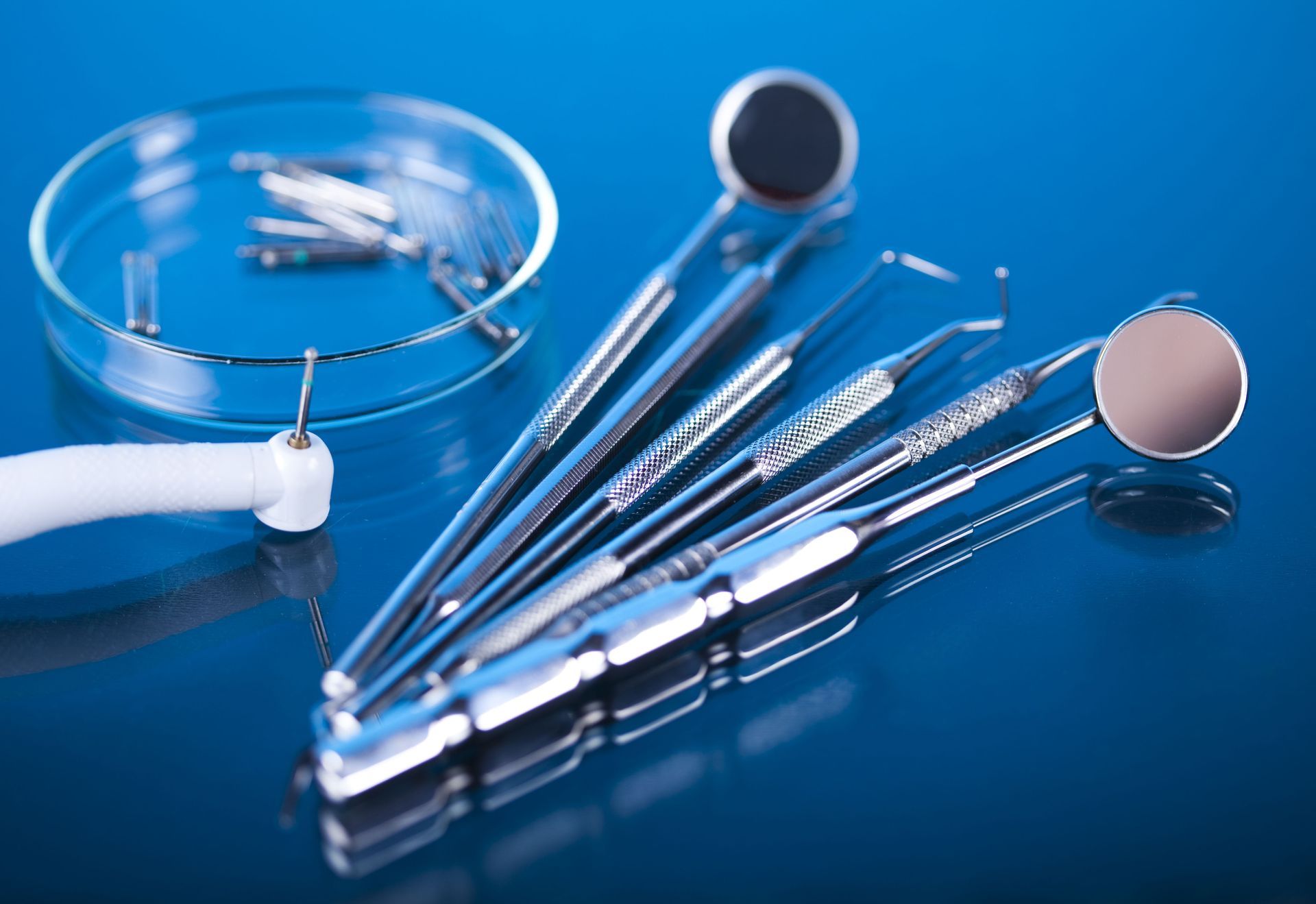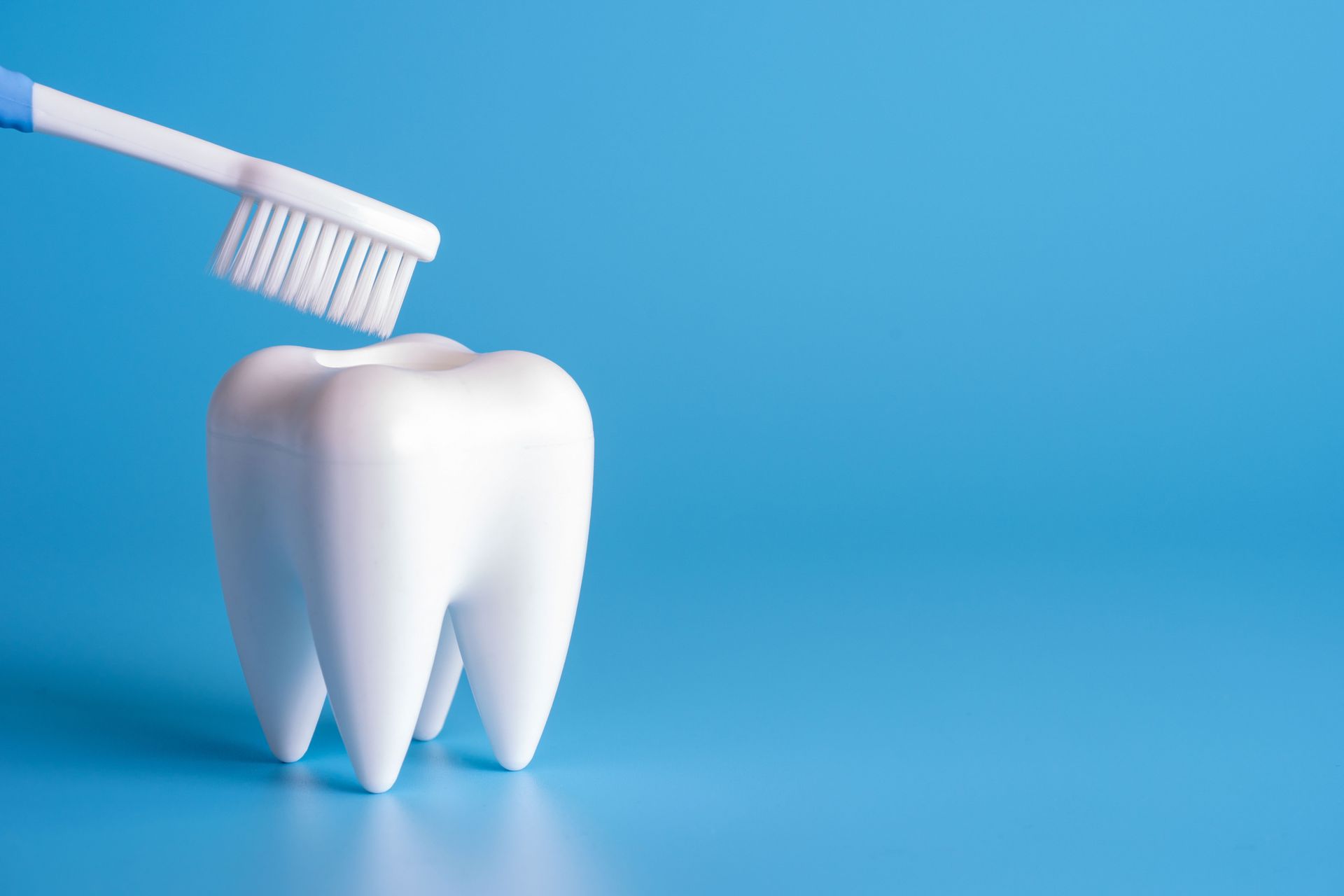Preparing for Sedation Before Cosmetic Dental Work
Highlights:
- What sedation in cosmetic dentistry really means
- How to prepare the night before your appointment
- What to expect from a sedation cosmetic dentist that accepts insurance
- How insurance coverage works for sedation dentistry
- FAQ answers, fun facts, and expert-backed insights
- What to do after your procedure for a smooth recovery
- Where to find trusted care in Omaha, NE
Cosmetic dental procedures like veneers, whitening, or smile makeovers can involve multiple steps—and for some patients, anxiety. Sedation dentistry helps reduce fear, discomfort, and physical stress during treatment. It can range from light sedation (like nitrous oxide) to moderate or deep sedation for more complex work.
Patients looking for a sedation cosmetic dentist that accepts insurance often seek solutions that combine comfort with affordability. Sedation services can be essential for people with dental phobia, strong gag reflexes, or previous traumatic dental experiences.
According to Cleveland Clinic, sedation dentistry is safe and effective when administered by trained professionals.
How to Prepare in the Days Leading Up to Your Procedure
Planning ahead improves your comfort, results, and overall experience. Here’s what to do a few days before your appointment:
- Consult your dentist: Share any medical conditions or medications.
- Clarify insurance coverage: Call your provider or ask the office staff at your sedation cosmetic dentist that accepts insurance to confirm what’s included.
- Coordinate transportation: You won’t be allowed to drive post-sedation.
- Follow pre-sedation dietary rules: Many forms of sedation require fasting for at least six hours.
At Panneton Dental Group in Omaha, NE, patients receive personalized preparation instructions based on the type of sedation used and the scope of the cosmetic procedure. Each plan is tailored to account for individual health history, anxiety levels, and the complexity of the treatment. Whether you're receiving nitrous oxide for a quick whitening session or IV sedation for a full smile makeover, the team provides clear, step-by-step guidance to help you feel confident and ready. Instructions may include fasting guidelines, arranging for transportation, and adjusting medications as advised. This customized approach supports comfort, safety, and the best possible outcome for your dental experience.
Will I be awake during the procedure?
It depends. With nitrous oxide, yes. With IV or oral sedation, you may be drowsy or unaware but not fully unconscious.
Can I use dental insurance for sedation services?
Sometimes. Policies vary, but a sedation cosmetic dentist that accepts insurance will often help pre-authorize benefits.
How long does recovery take?
Mild sedation wears off in under an hour, while deeper sedation can take the rest of the day.
The Night Before Your Appointment
Your dentist will give you clear instructions. In general, these steps help the night before:
- No eating or drinking past midnight (unless otherwise stated).
- Avoid alcohol or sleep aids.
- Arrange for someone to drive you.
- Get a full night’s sleep—your body heals better when rested.
Being well-rested reduces your body’s stress response and allows sedation to work more efficiently.
According to the American Dental Association, sedation protocols must be tailored for each patient’s health and treatment plan.
What Happens During the Appointment
When you arrive, your dental team will review your medical history, check your vitals, and administer the agreed-upon sedation method. This could include:
- Nitrous oxide (laughing gas) for minimal sedation
- Oral sedatives taken before the procedure for moderate sedation
- IV sedation for deeper relaxation
Your comfort and safety are the top priorities. You’ll be closely monitored throughout the process by experienced professionals trained to recognize and respond to even the slightest changes in your sedation levels. This careful oversight helps minimize risks and promotes a calm, stress-free experience from start to finish. For anyone searching for a
sedation cosmetic dentist that accepts insurance, it's vital to choose a provider trained in monitoring sedation levels, as proper certification and hands-on experience can make all the difference. Look for a practice that combines advanced equipment, proven protocols, and compassionate care to deliver both beautiful results and peace of mind.
Did You Know?
- Dental anxiety affects roughly 36% of the population, and nearly 12% avoid the dentist completely due to fear (according to
Medical Principles and Practice).
- Sedation dentistry has grown in popularity, particularly among adults seeking cosmetic work who also suffer from anxiety
- Some sedation methods, like nitrous oxide, are so mild that you can drive yourself home afterward (always ask your dentist first).
How to Work With a Sedation Cosmetic Dentist That Accepts Insurance
Navigating insurance coverage for sedation during cosmetic dental work can be tricky. Cosmetic procedures like veneers or whitening are typically not covered. However, sedation might be covered if:
- It's medically necessary (e.g., for extreme anxiety or special needs).
- You’re undergoing a combined cosmetic-restorative procedure (e.g., crowns or implants after tooth trauma).
Here’s how to streamline the process:
- Ask for a pre-treatment estimate: Many dentists will submit this to your insurer.
- Check the fine print: Some plans cover nitrous oxide but not IV sedation.
- Use your FSA or HSA: Sedation might qualify as a medical expense.
A sedation cosmetic dentist that accepts insurance can help decode your benefits and avoid surprise bills.
Aftercare Tips: What to Do After Your Visit
After your procedure, your sedation may take time to fully wear off. You may feel sleepy, foggy, or dizzy. Here’s how to care for yourself:
- Don’t drive or operate machinery for at least 24 hours
- Hydrate and eat soft foods unless instructed otherwise
- Take medications as prescribed
- Rest—don’t return to work or strenuous activity too soon
Have someone you trust monitor you during the first few hours after arriving home. Call your dentist if anything feels off.
FAQ: Post-Procedure Questions
How long before I feel like myself again?
Usually by the next day. With mild sedation, it may be within a few hours.
Can I return to work or school the next day?
Most patients can, but if your procedure was lengthy or involved deeper sedation, consider taking the day off.
Will my insurance cover a follow-up visit?
If it's medically necessary, possibly—but cosmetic-only checkups often aren’t covered.
Choosing the Right Provider
When choosing a sedation cosmetic dentist that accepts insurance, look for the following:
- Credentials in sedation dentistry (ask about certifications)
- Experience with cosmetic procedures
- Clear billing practices and insurance support
- Strong patient reviews and testimonials
- Upfront treatment planning
At Panneton Dental Group in Omaha, NE, patients receive modern cosmetic solutions combined with stress-free sedation options. The team walks you through every step—financial, medical, and emotional—to help you smile with confidence.
Making Your Visit a Success
With the right preparation and the right provider, sedation makes cosmetic dental work much more approachable. Whether you're planning a full smile makeover or a single enhancement, a sedation cosmetic dentist that accepts insurance can make the experience affordable and anxiety-free.
Remember:
- Communicate clearly with your provider.
- Don’t guess when it comes to insurance—ask directly.
- Prep ahead for a smooth, calm appointment and recovery.
Ready to transform your smile without the stress or anxiety that often comes with dental visits? Sedation dentistry can make your cosmetic dental experience comfortable, relaxing, and completely tailored to your needs. Whether you're considering veneers, whitening, bonding, or a full smile makeover, choosing a sedation cosmetic dentist helps you feel calm and confident every step of the way.
Book your consultation with a trusted sedation cosmetic dentist that accepts insurance—reach out to Panneton Dental Group in Omaha, NE today. Our experienced team is here to walk you through your options, explain your coverage, and create a personalized treatment plan designed to enhance your smile and your comfort.





Share On: